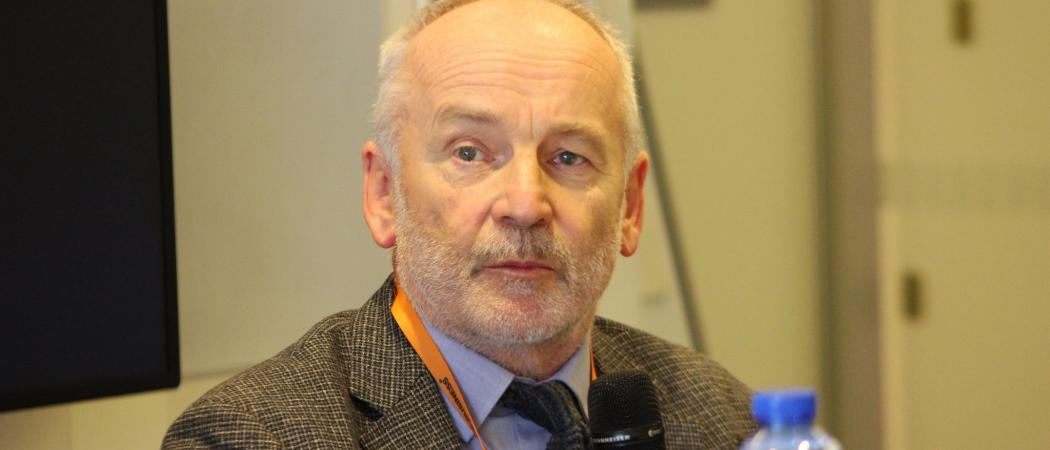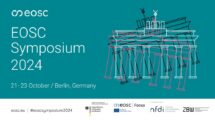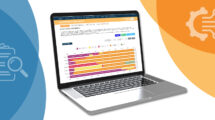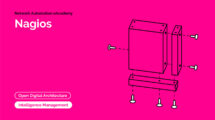An open-science advocate sees lessons for how science and policy should interact, if we want to recover from and prevent future health disasters.
By Jean-Claude Burgelman
In the early stages, when most likely lives could have been saved in China and elsewhere by faster action, a more-open and transparent airing of scientific data and advice to government would have helped. In the current stage, as we race to find effective treatments and vaccines, open sharing of health data among researchers is crucial. And in the future, as we apply lessons from this nightmare, an open society – in which we collaborate internationally and trust scientific evidence – will be essential.
Or as Yuval Noah Harari, a well-known historian and philosopher put it earlier this month: “The real antidote to epidemic is not segregation, but rather cooperation.”
I have spent several years, first at the European Commission and now at VUB university in Brussels, advocating for open science. The importance of openness – sharing scientific results and data immediately and freely – has become orthodoxy in many governments around the world, in word if not always in deed. The EU has been a pioneer in this field, in 2018 formally launching a European Open Science Cloud initiative to federate data-sharing systems around the EU, and successfully urging other science funders around the world to sign up for “Plan S” to reform the once-closed scientific publishing industry.
In my view, the COVID-19 response so far highlights three lessons – for now and the future, in health research and beyond.
1. We need global, reliable and reusable research data – a.k.a. open science
A huge effort is going into pooling all public and private research data needed to fight the pandemic, around the world. In the news, we can all see how French, Swedish, British, American and other researchers are consulting each others’ COVID work – a truly global effort. Several open science initiatives have appeared, such as the Virus Outbreak Data Network, a public-private effort to make all possible COVID data, in whatever language or format, findable, accessible, interoperable and reusable (FAIR, in the language of open science proponents.).
So, one positive collateral effect of this pandemic is the fact that many now understand the importance of open and, more importantly, FAIR data for science. Another effect: most likely this experience will make policy makers realise that open science should be the default way to tackle any major challenges of the future. Indeed, the Sustainable Development Goals or SDGs – 17 global targets, from good health to climate action, set by the United Nations in 2015 – all present challenges that can only be addressed effectively with open and transparent science methods.
2. We need global, trusted scientific collaboration
All around the world, regardless of nationality or political persuasion, scientists across the public and private sphere are combining forces. The scale and speed with which this is happening is unprecedented – perhaps approached only by work on climate change. It will most likely help us mitigate the impact of this catastrophe. No country, no culture, can manage this alone. After all, the coronavirus doesn’t discriminate by race, region, religion or income. Just like air pollution and other urgent, global problems.
3. We need leadership that sets aside ideology when faced with scientific fact – and we need a way for scientists to flag “red alerts” more effectively
From what we know so far, it is clear that the world could have reacted faster and more efficiently, if all political leaders had set aside their ideologies to listen to the evidence. For that scientific evidence was there, by mid-January if not sooner. Instead, several leaders were sceptical, denying or trivialising any problem – much like climate-change deniers. That’s bad enough when talking about a global catastrophe building over the next 30 years; but it is unthinkable when faced with an immediate disaster, killing tens of thousands.
How to avoid this in future? The usual methods clearly didn’t work in several countries. It’s not enough to form another expert panel, that writes another paper, which is then ignored by the men and women with the power to do something in government or industry.
What we need is a red flag mechanism whereby policy is forced into action.
Surely, papers aren’t enough here, and we can simplify. People pay attention to simple numbers: The stock market index, a currency exchange rate, unemployment numbers and the like. All of them are simplifications; but once these numbers go above or below a certain threshold, action is taken.
I believe the scientific community needs to devise just that kind of ‘’simple’’ indicator for health dangers. When it goes red, it should trigger a global response mechanism. It should be based on sophisticated visualisations, as few policy makers have, or take, the time to read scientific or white papers. It must be devised and supported by the global scientific community. And it must be open, because that will guarantee the support of the maximum number of scientific experts, which will in turn help engender trust.
And once that health indicator is made, we should scale the mechanism up to create a dashboard of scientific indicators for the world’s greatest challenges. Most people understand that stock market indices are a kind of dashboard for the state of an economy. Let’s make an open science dashboard for the Sustainable Development Goals.
Burgelman was head of unit for open science policy at the Commission’s research directorate-general. He retired recently and joined the Vrije Universiteit Brussels where he has a part-time professorship in Open Science.
Reproduced from: Science Business Net 31 March 2020







